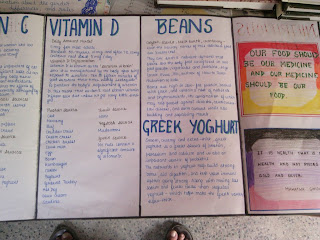Madan Mohan Malaviya, in full Pandit Madan Mohan Malaviya, also called Mahamana (born December 25, 1861, Allahabad, India—died November 12, 1946, Allahabad?) Indian scholar, educational reformer, and a leader of the Indian nationalist movement.
Malaviya was the son of Pandit Brij Nath, a noted Sanskrit scholar, and his early education took place at two Sanskrit pathshalas (traditional schools). After graduating from Muir Central College, Allahabad, in 1884, he took up teaching in a local school. He was a diligent scholar and instructor, but he was more attracted to politics, and he made his political debut at the 1886 Calcutta (Kolkata) session of the Indian National Congress. An industrious worker, he soon climbed the ranks in the party and was elected president of Congress four times. Malaviya also served on the Imperial Legislative Council (1909–20). A gifted orator, he participated actively in debates on issues including free and compulsory primary education, the prohibition on recruiting of Indian indentured labour in the British colonies, and the nationalization of railways. Though a strong supporter of Congress, Malaviya helped establish the Hindu Mahasabha (“Great Society of Hindus”) in 1906, which brought diverse local Hindu nationalist movements together.
Malaviya, who was keenly interested in uplifting the educational standards of the country, was the principal founder in 1916 of the Banaras Hindu University in Varanasi, a premier institution of learning in India. He served as the university’s vice-chancellor for some two decades (1919–38) and remained active at the school until his death. Malaviya’s consciousness toward the public led to the launch of his own Hindi-language weekly, the Abhyudaya (1907), the Leader of Allahabad, an English-language daily (1909), and the Hindi monthly the Maryada (1910). In addition, he was chairman of the board of directors of the Hindustan Times from 1924 until he died.
The Hindu Mahasabha was founded in 1914 in Amritsar and established its headquarters in Haridwar. Amongst its early leaders was the prominent nationalist and educationalist Pandit Madan Mohan Malaviya, who founded the Benaras Hindu University, and the Punjabi populist Lala Lajpat Rai. Banaras Hindu University was established in 1915. Malviya was instrumental in the coming together of Hindu Mahasabha and Arya Samaj in 1923 to make common cause on issues like cow slaughter and reconversion. He was also closely associated with bodies like Pragya Hindu Samaj, Bharat Dharma Mahamandal and Sanatana Dharma Mahasabha.
http://www.gktoday.in/quiz-questions/which-among-the-following-organizations-were-founded-by-pandit-madan-mohan-malviya



































